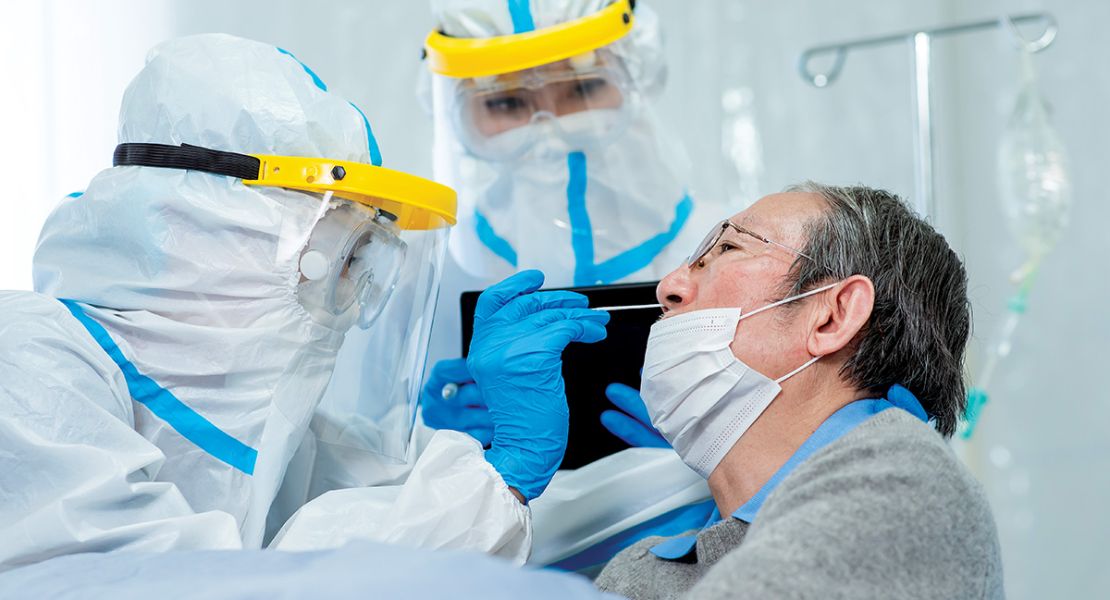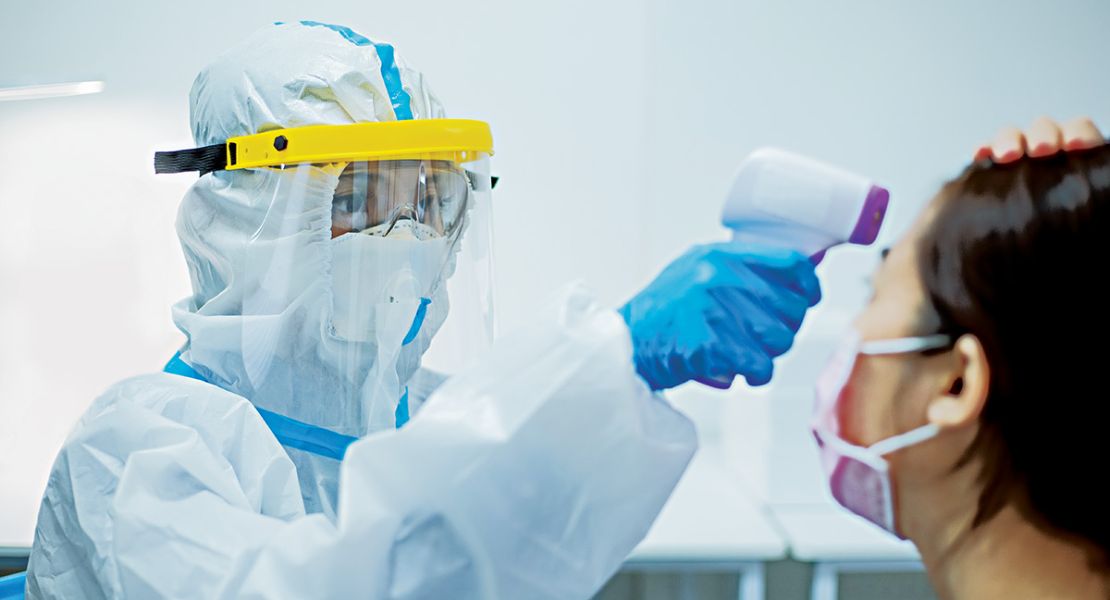
Nursing and COVID-19: Meeting the Challenges
In this International Year of the Nurse and Midwife, our profession is being challenged in unmatched ways and is responding magnificently to the challenges posed by the coronavirus pandemic.
Front-line nurses are placing their lives at risk in caring for highly infectious, often critically ill patients; nurses working at government policy level are implementing strategies to further develop a highly skilled nursing workforce. Nursing educators are developing and implementing online programmes for their students and are empowering communities through teaching about safety measures and infection control, while nursing researchers are investigating key issues surrounding COVID-19. It is not surprising that around the world we see ongoing acclaim for the tremendous work nurses are doing. Undoubtedly, the current situation has brought a renewed public recognition of, and respect for, the substantial contribution nurses make to the health and wellbeing of our communities.
Here in Hong Kong, our School is contributing actively in the global effort to combat outbreaks of the virus through a number of initiatives. Our two-year programme in infection control has been running for a number of years and we have trained over 1,000 nurses who work in key roles across the health care sector and play an important role in containing the virus, especially in hospitals.
I have been particularly impressed with the work being done by our staff and students who developed videos to debunk some of the myths surrounding COVID-19 and demystify rumours by offering sound advice based on science, as well as to provide guidance on ways to take care of mental wellbeing during unprecedented times. These videos have been districted across Hong Kong and have been shared widely in Asian countries.
Our staff also participated in a number of activities funded by the Hong Kong Jockey Club NICE-LINK Project. In one of these, a video on home hygiene has been developed to educate both the general public and volunteers who support our seniors in their homes. This video not only provides important practical information, but it also assists older adults to feel they have some control over their lives in the uncertain times.
Another activity involves the development of an on-line course for workers and volunteers in the elderly service units of Non-Government Organisations to help them cope with the current pandemic situation. The course includes information about the manifestation and transmission of COVID-19, personal measures for preventing COVID-19 and workplace preparedness for COVID-19.
A nurse led tele-care protocol also addresses the health needs of socially isolated older adults, which includes bi-weekly tele-care and, where indicated, health counselling. A set of health leaflets on preventive measures for COVID-19, healthy eating, home-based exercise and strategies for maintaining emotional health has been distributed to these older adults. Subsequent tele-health calls will be followed up with the creation of health portfolios to enhance individual care.
Our academic and research staff are also working on a wide spectrum of studies and investigations on topics specific to the coronavirus pandemic: physical distancing and emotional closeness; psychologic impacts on patients and their families, on local and international students; nursing informatics response to COVID-19, smoking relapse prevention and smoking cessation during COVID-19; social disparities, risk communications, health literacy, preventive behaviours, mental health, intimate partner violence and child abuse during COVID-19, etc.
While nurses across the globe are making a major contribution in halting the spread of this terrible virus, we are only too aware of the toll being taken on human life and our hearts go out to grieving families everywhere.







